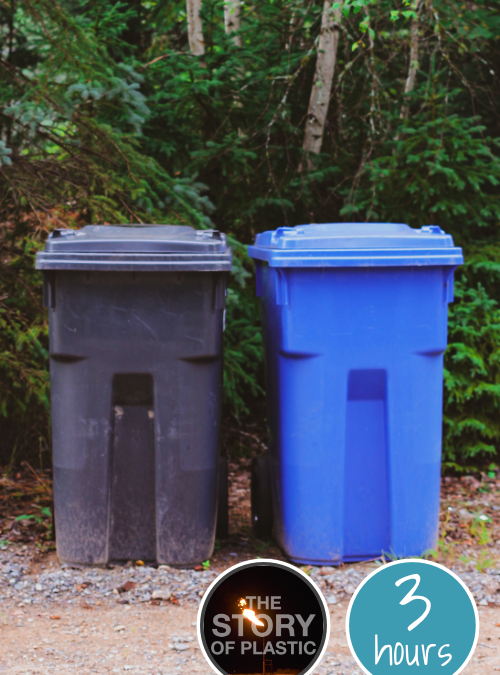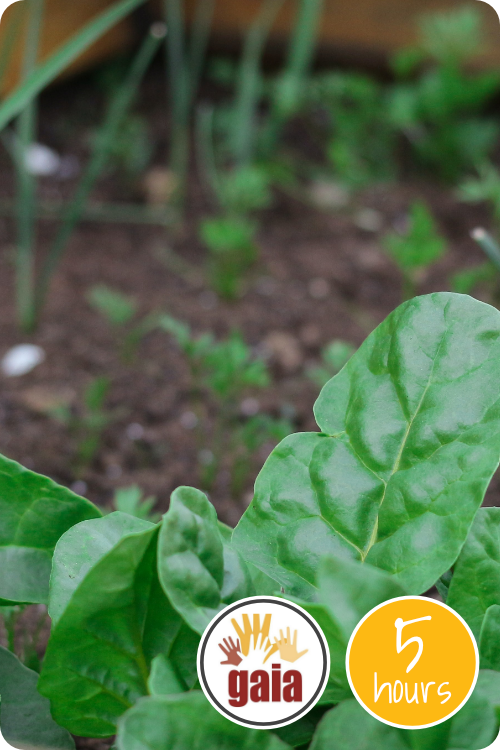
Photo credit: Sigmund on Unsplash
Your mission
Find out how plastic waste is managed in your community.
Time Commitment: 3 Hours
Range of Impact: Home, Community
This Action is part of the Story of Plastic Classroom Experience Guide.
Why this Action is impactful
By understanding what happens to your trash, you’ll have a clear idea about what improvements to advocate for. Does your city need better access to recycling, or composting, or both? Does trash in your area get incinerated, contributing to air pollution? Does your community need better access to goods sharing programs, second-hand options, and bulk stores?
What to know before getting started
Have you ever wondered what happens to your trash after you put it in the bin? Once you throw something away, its easy to forget about it, but in most cases, your trash is just starting a long journey. Depending on where you live, your trash might end up going to a landfill, a dump, an incinerator, or a Material Recovery Facility (MRF) where recyclable materials get sorted, and potentially recycled. Your city or county, and many companies, are involved in hauling, sorting, recycling, landfilling, incinerating, and composting. It’s a complex system, and you might be surprised to learn that your trash might travel farther around the world than you!
What to do
Conduct a local waste stream investigation to find out how waste is processed in your community using this worksheet.
Tips and suggestions
- Most of the answers to the questions below can be found by researching on the internet. Remember, use specific search keywords, try a variety of keywords, and evaluate your sources for their credibility.
- Finding some answers might require asking an expert, company representative or someone who works for the city. A polite email or phone call can go a long way.
Track your contribution
To submit your work and get recognized for your contribution to your community, complete the form below. If we approve your submission, you’ll be awarded 3 Hours.
Learn more
Check out the educational videos below to learn more about this topic.
Do another Action
Check out our other Actions that build off of this one!
Design a Composting Network
Design a plan for your communities businesses to work together to compost more.


